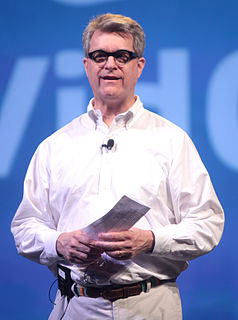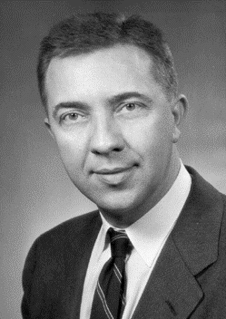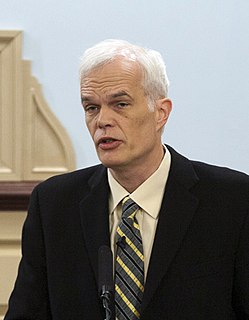A Quote by Virginia Postrel
'Frankenstein' did not invent the fear of science; the novel found its audience because it dramatized anxieties that already existed. Although popular entertainment can, over the long run, shape public perceptions, it becomes popular in the first place only if it addresses preexisting hopes, fears, and fascinations.
Related Quotes
My background is that I've spent a lot of time marketing entertainment. One of the old saws in package goods is you can take something that is popular and you can make it more popular. But if you take something less popular, you can't automatically market it into the same success as something that's already popular.
I feel that anybody who addresses himself to children has a responsibility, and that responsibility is to make available to children the very best that has ever been produced and to sustain the distinction of what has been produced. Everybody in the popular entertainment field or in the popular arts has a responsibility.
It is against the spirit of our non-discriminating times to openly prefer one sort of music to another, so let's just say that hearing grand orchestral music in a public place is exhilarating in a way that hearing popular music never can be, if only because, in a popular music age, a full orchestra is less familiar to our ears.
I've always longed for the theatre and acting to be popular. No actor wants to play to an empty house. We only do it for an audience. The more the merrier. I don't make any distinction between a popular TV series or blockbuster film and doing Shakespeare. They're different, but as long as the material is good and the intention is honourable, it's all the same to me.
Looking at polls of Arab public opinion, you look at popular figures, the most popular figure is the prime minister of Turkey, Erdogan, and then it goes down the list. You get Osama Bin Laden, Saddam Hussein, you don't get Obama, or in fact any western leader. The public doesn't want the whole imperial project. So if you had democracy, it would be all over.






































